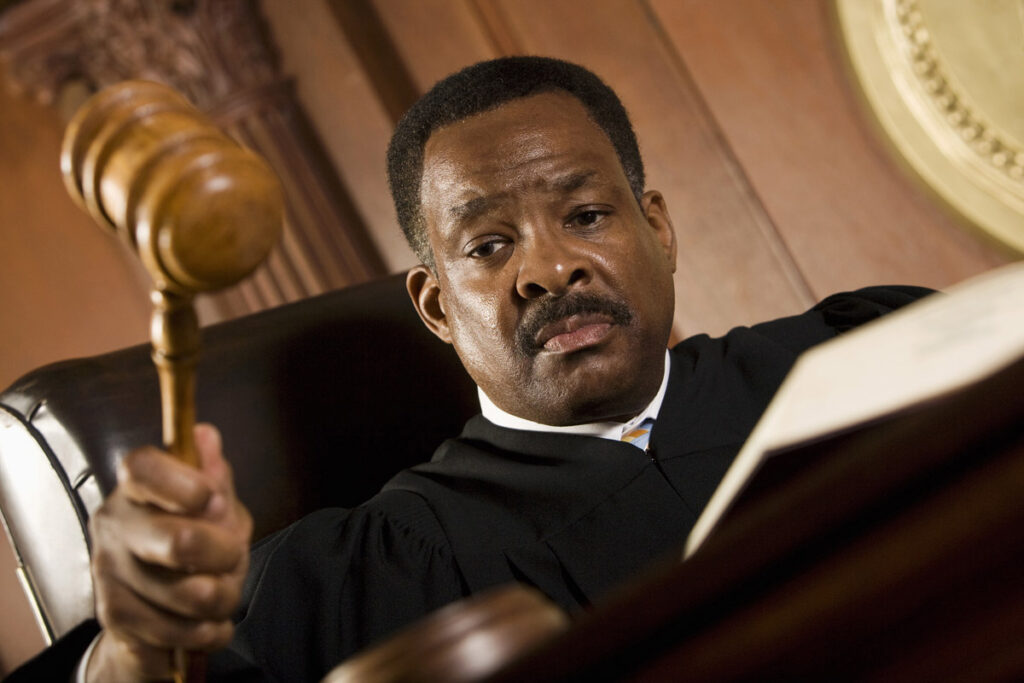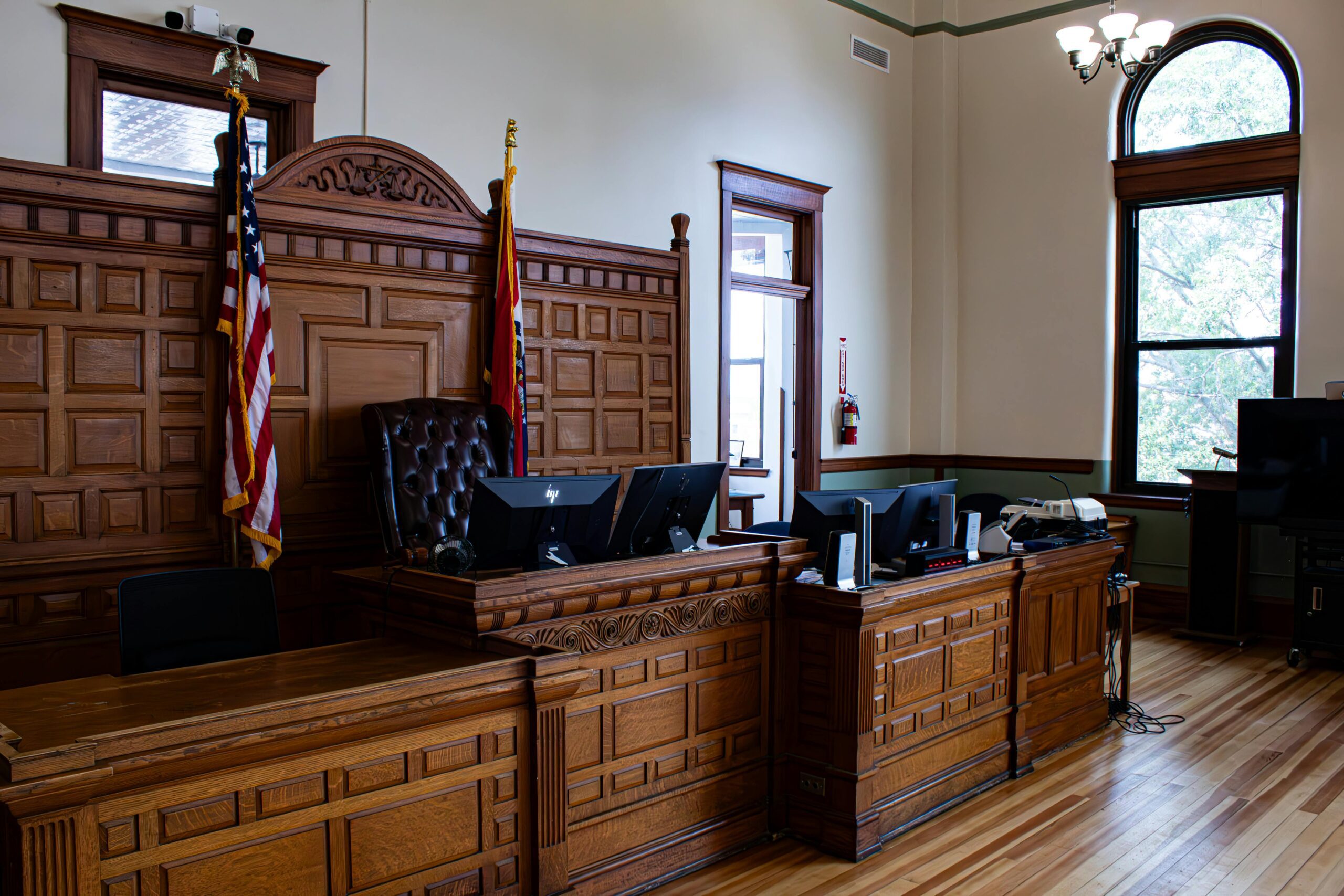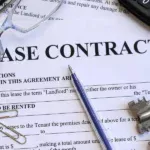In legal settings, the role of a judge is critical to maintaining order, interpreting the law, and ensuring that justice is served.
Judges are highly respected figures, and the proper form of address for them can vary depending on the jurisdiction, the court, and the specific legal traditions.
This article delves into the different ways judges are addressed in courtrooms around the world, providing clarity for those navigating legal proceedings or learning about judicial systems.
The Standard Forms of Address for Judges
When addressing a judge, it’s essential to use respectful and appropriate titles to reflect the significance of their position. In many countries, the form of address for judges depends on the level of the court or the country’s legal traditions.
United States: “Your Honor” and Other Titles
In the U.S., the most common and accepted form of address for judges is “Your Honor”. This applies to judges in trial courts, appellate courts, and even the U.S. Supreme Court. It’s a respectful way to acknowledge their role in maintaining justice and impartiality.
However, other forms of address can apply depending on the judge’s position:
- Supreme Court Justices: Justices of the U.S. Supreme Court are referred to as “Justice”, as in “Justice Roberts.” During oral arguments, attorneys still use “Your Honor.”
- Federal Judges: In federal courts, judges may also be addressed as “Judge [Last Name],” but “Your Honor” is the default.
- Magistrates: In some lower courts or administrative tribunals, you might encounter “Magistrate” as a title for a judicial officer, with the appropriate form of address being “Your Honor” or “Magistrate [Last Name].”
United Kingdom: “My Lord” and “Your Lordship”
In the United Kingdom, there are multiple judicial titles depending on the level of the court. For example, judges in the Crown Court or the High Court are often addressed as “My Lord” or “My Lady”. In formal settings, a judge in a higher court may be addressed as “Your Lordship” or “Your Ladyship.”
- Magistrates: In Magistrates’ Courts, which handle less severe criminal cases and civil disputes, magistrates are addressed as “Sir”, “Madam”, or simply “Your Worship.”

Canada: “Your Honor” or “Justice”
In Canadian courts, the term “Your Honor” is used widely, similar to the United States, for addressing provincial and territorial judges. However, in appellate courts or the Supreme Court of Canada, judges are referred to as “Justice” followed by their last name.
Australia: “Your Honor” and “Your Excellency”
In Australia, judges in superior courts such as the Federal Court or the Supreme Court are addressed as “Your Honor.” In some cases, “Your Excellency” may be used for judges who hold a title of Governor-General or similar.
Forms of Address in Other Legal Systems
Continental Europe: “Monsieur le Président” or “Madame la Présidente”
In countries like France or Belgium, judges are often referred to as “Monsieur le Président” or “Madame la Présidente”, which translates to “Mr. President” or “Madam President”. This reflects the leadership role they hold within the courtroom and the judicial process.
Japan: “Saibankan”
In Japan, judges are addressed as “Saibankan” (裁判官), which means “judge” in Japanese. This title is universally used, whether the case is being heard in district courts or the Japanese Supreme Court.
Real-World Examples: How Different Courts Address Judges
To better understand how judges are addressed across the world, consider these real-world examples:
- U.S. Supreme Court: During oral arguments in front of the U.S. Supreme Court, lawyers frequently address the justices as “Your Honor” or “Justice [Last Name].”
- United Kingdom’s Crown Court: A criminal case in the Crown Court would see barristers addressing the judge as “My Lord” or “My Lady,” depending on the judge’s gender.
- France’s Cour de Cassation: In France’s highest court, judges are typically addressed as “Monsieur le Président” or “Madame la Présidente”, a sign of respect for their senior role.
Why the Form of Address Matters
Understanding the proper form of address for a judge is crucial for maintaining decorum in the courtroom. Failing to address a judge properly can result in admonishment or may reflect poorly on a lawyer’s professionalism. Furthermore, addressing a judge correctly is a sign of respect for the legal system and the role that judges play in interpreting and upholding the law.
Common Mistakes in Addressing Judges
Despite the formal nature of courtroom proceedings, there are several common mistakes made when addressing judges:
- Using First Names: It is never appropriate to address a judge by their first name in court, regardless of familiarity.
- Incorrect Title Usage: In multi-level judicial systems, using the wrong title can be perceived as a sign of disrespect. For instance, referring to a Supreme Court justice as “Judge” rather than “Justice” in the U.S.
- Failing to Recognize Gender: In many jurisdictions, addressing a female judge as “Sir” or a male judge as “Madam” can be seen as a faux pas, particularly in courts where “My Lord” or “My Lady” is the norm.
FAQ: Common Questions About How to Address a Judge
1. Can I call a judge “sir” or “ma’am”? In lower courts, such as magistrates’ courts, it may be acceptable to address a judge as “sir” or “ma’am,” but it’s always best to default to “Your Honor.”
2. Is there a difference between a judge and a magistrate? Yes, judges usually preside over higher courts and more serious cases, while magistrates handle minor civil and criminal matters.
3. What do you call a judge in a virtual court setting? Even in virtual or remote courtrooms, the standard form of address remains the same. You should continue to use “Your Honor” or the appropriate title for the judge’s role.
4. Are there different titles for judges in different countries? Yes, each country has its own legal traditions and forms of address for judges, ranging from “Your Honor” in the U.S. to “My Lord” in the U.K.
Key Takeaways
- “Your Honor” is the most widely accepted form of address for judges in many countries, including the U.S., Canada, and Australia.
- High-ranking judges, such as Supreme Court justices, are often referred to as “Justice” followed by their surname.
- Respecting the proper form of address ensures decorum and professionalism in legal settings.
- Different countries and legal systems have unique traditions for addressing judges, such as “Monsieur le Président” in France and “My Lord” in the U.K.
By understanding the proper way to address a judge in court, you not only show respect for the legal system but also contribute to the orderly and professional conduct expected in legal proceedings.
External Links for Reference
- U.S. Courts – Forms of Address
- UK Judiciary – Addressing the Judge
- Canadian Courts – Judicial Titles
This article aims to provide a comprehensive guide on addressing judges in different legal settings worldwide, ensuring you’re well-prepared for any legal interaction.
Read More: New York State Business Corporation Law: An Essential Guide for Entrepreneurs










